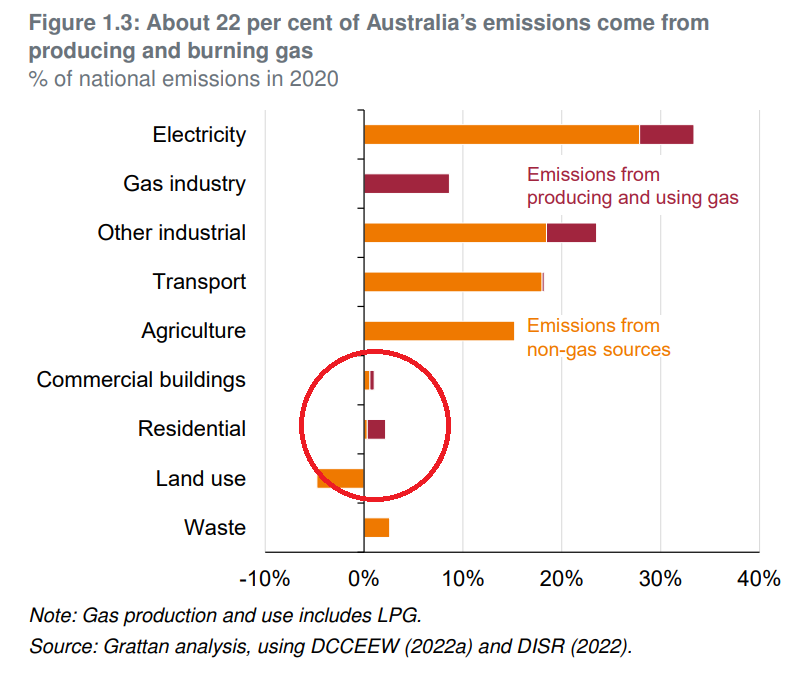The energy wreckage of the Grattan Institute continues to worsen.
As the Australian Energy Regulator mulls its default market offer price for 2024/25, the various interests are in full campaign mode:
Energy retailers have demanded a hike in the default electricity bill consumers have to pay after being hit with surging solar tariff costs and negative daytime wholesale prices, in a move that would put a further squeeze on crimped household budgets.
…Energy expert Tony Wood questioned whether retailers would gain support for their pricing push. “There isn’t much to suggest that prices will go up significantly,” said Mr Wood, director of the energy program at the Grattan Institute.
Go up? Is Mr Wood joking?
The average price of wholesale electricity in 2022, which led to significant AER price hikes in 2023, was $200Mwh.
The average price for wholesale electricity in 2023 more than halved to $96Mwh, and the quarterly moving average is down to $59Mwh.

These prices comprise 30% of energy retailer cost inputs and are the most dynamic. Why is Grattan supporting vested interest discussion of price hikes? The AER must push through a large price cut.
The Grattan damage doesn’t stop there.
Recall that it was a Grattan Institute report last year that suggested retrofitting households from gas to electricity. This was despite it contributing next to nothing to carbon abatement at enormous cost to households.
This madness has already taken hold in VIC, and other states are also moving. It is an example of virtue-signalling phony policy that pollies love.
To wit:
Households shifting off gas appliances or buying batteries could claim income tax deductions under a proposal from Liberal Senator Andrew Bragg to secure a cost-effective path to net-zero and end the Coalition’s long-running climate wars.
Bragg has been given licence to help develop the opposition’s energy policies through his Senate inquiry into household electrification. He believes ambitious pledges on replacing gas with electricity in the home would prove to voters worried about climate change that the Coalition offered real solutions.
Here’s what this “real solution” to climate change achieves:

That’s right, the policy achieves virtually nothing. The Aussie gas industry produces 5x as much emissions to produce the gas it freezes for China. But let’s not touch that. Or transport. Or agriculture!
Nor will it reduce household bills unless solar panels are included. Gas sets the price of grid electricity anyway and will do so even more into the future as coal exits:

In short, the policy of gas appliance substitution is particularly regressive and harsh on those stuck on the grid. That is lower-income households.
The Grattan “institute” appears to specialise in analysis that supports corporations, not consumers, which is perhaps no surprise given it is sponsored by gas export cartelier, Origin Energy, where Tony Wood was a former executive.

